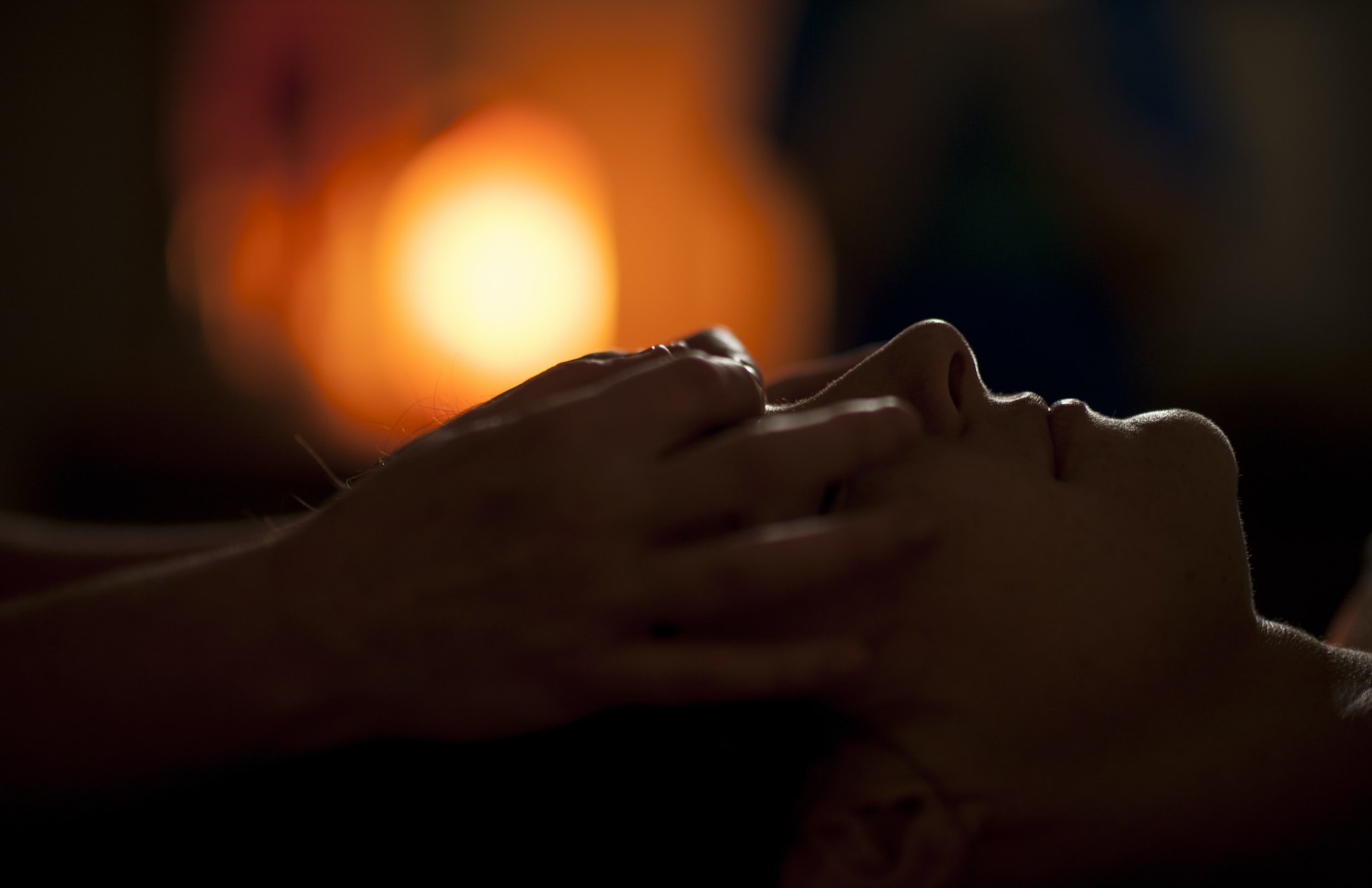
Well+Being Holistic Mental Health
Emotional Health & Wellness Tips From The Therapy Couch And Other Places

Nurse, Heal Thyself
(by Kim Seelbrede, originally posted on urbanzen.org)
The Healing Power of Self-Care for Nurses: A Reflection on Urban Zen Integrative Therapy at the NSNA Convention
As delicate snowflakes danced across the Utah sky, a sea of passionate and ambitious nursing students gathered in Salt Lake City for the 59th Annual National Student Nurses Association (NSNA) Convention. Beneath the buzz of clinical discussion and future-focused enthusiasm, a quieter and more essential invitation was extended to these frontline caregivers: to pause, to receive, and to restore.
In a serene space known as The Sanctuary—generously provided by Johnson & Johnson as part of their Campaign for Nursing’s Future—student nurses were welcomed into the calming embrace of Urban Zen Integrative Therapy (UZIT). It was here that many of them experienced, for the very first time, the profound impact of receiving care instead of providing it.
Nurses, Self-Neglect, and the Culture of Overgiving
The nursing profession is one of devotion, long hours, emotional labor, and unrelenting resilience. Nurses are celebrated as compassionate givers—but rarely taught the parallel art of receiving. In fact, many nurses internalize the idea that self-care is indulgent, or worse, selfish. As burnout and compassion fatigue become chronic conditions within the field, a new conversation must emerge: How do we care for the caretakers?
What many nurses are not taught in school—but urgently need—is the practical, embodied experience of self-care. Not a buzzword, not a spa day, but a deep nervous system reset. A return to being rather than constant doing. This is the heart of the Urban Zen Integrative Therapy model.
Creating a Healing Environment for Healing Professionals
Inside The Sanctuary, student nurses were guided through gentle restorative yoga poses, supported by skilled Urban Zen Integrative Therapists offering Reiki, essential oil therapy, and mindful breath awareness techniques. The results were immediate, visible, and profound. Stressed shoulders softened. Eyes welled with tears of release. Breathing slowed. Presence returned.
As one nurse quietly shared, “You’ve inspired me to take time for myself—to breathe and rest. I didn’t know how to do this.” Another student confided, “I feel blessed to have met you today. I’m finally able to be ‘in’ my body.”
These reflections speak to a deep and unmet need in the nursing profession: the need to feel safe enough to slow down and reconnect with the body. The need to be more than a set of hands. To feel held, witnessed, and restored.
Why Nurses Need More Than a Reminder—They Need a Roadmap
Nurses are often told to care for themselves, yet few are taught how. The Urban Zen Foundation responds to this gap with a practical and nourishing self-care curriculum that blends Eastern healing traditions with Western science—designed by healthcare professionals, for healthcare professionals. This model includes:
Breathwork to regulate the nervous system
Restorative movement to release tension
Aromatherapy to shift emotional states and stimulate the limbic system
Reiki to restore energetic balance
Mindfulness practices to create calm and improve focus
These are not just self-care techniques. They are professional survival tools. When nurses are given permission and guidance to nourish themselves, they show up more fully—not only for patients but for their own lives.
Reclaiming Wholeness in a Fragmented System
The burnout crisis in healthcare is not simply about long hours and heavy caseloads—it’s about disconnection. Nurses have been trained to override their own needs for the sake of others. This disconnection from the self is unsustainable. Without intentional practices of reconnection, even the most skilled and passionate caregivers will feel depleted.
Our time in Salt Lake City was a call to action. As healthcare professionals and advocates, we must do more than remind nurses to take care of themselves—we must equip them with the knowledge, experiences, and embodied tools to make that care accessible and sustainable.

